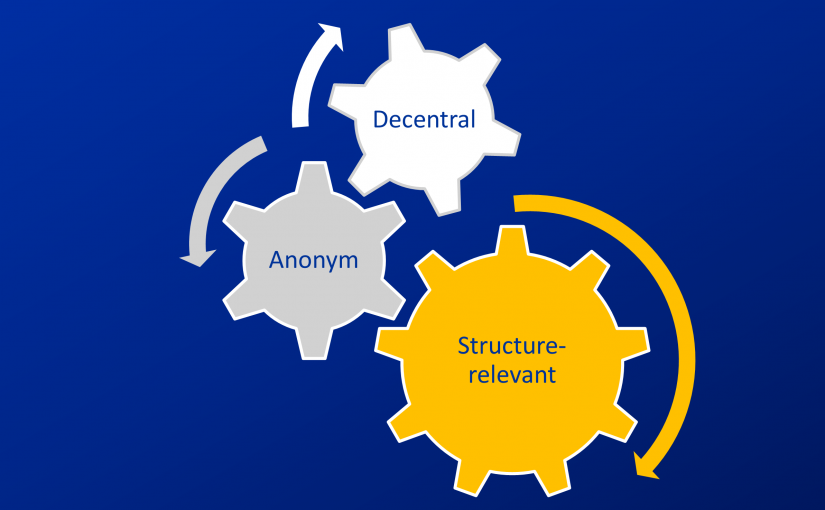After thirty years of development, we are building the European Digital System (EU-D-S), a WAN-anonymous infrastructure that transfers pre-digital achievements into the digital age – independent of US gatekeepers, with 1,000 categories in up to 2,500 languages.
What is the EU-D-S?
🔒WAN anonymity & finder technology
Trust stations as points of contact in the event of disputes.
Patented solutions for secure, decentralised data processing.
No dependence on US clouds (AWS, Google) or gatekeepers (Meta, Alphabet).
💼Fair value creation for all
Use AI in clear digital structures to maintain diversity and prevent bias and sensory overload!
Calculable risk for companies through guaranteed exclusivity without restricting innovation!
Create digital property for citizens, not for gatekeepers!
🇪🇺 European sovereignty
Petition 1134/2025 to the European Parliament
In the transparency register for the European Commission
Dependent on a decision by the ECHR

